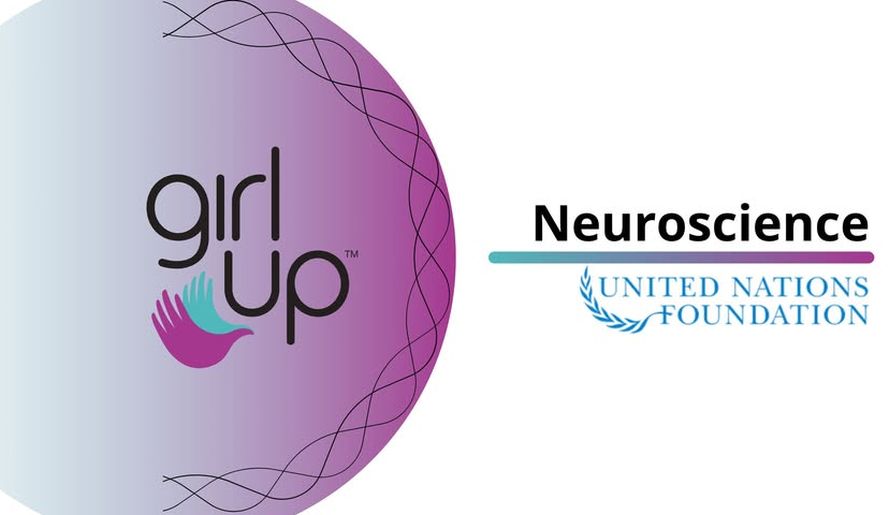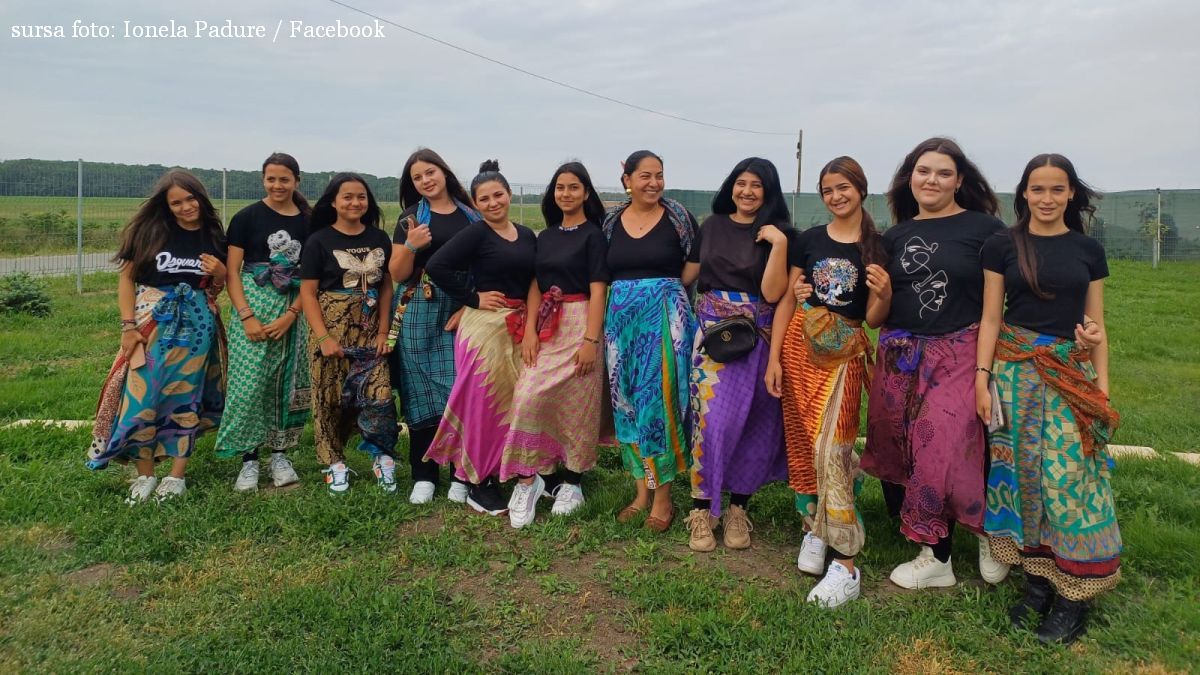“A woman’s job”: solutions for gender inequality in STEM
Worldwide, UNESCO statistics show that women make up only a third of scientific researchers, and that this proportion has remained stable over the past decade.

Iulia Hau, 19.02.2025, 14:00
Worldwide, UNESCO statistics show that women make up only a third of scientific researchers, and that this proportion has remained stable over the past decade. At the highest levels, namely in leadership positions and as members of national science academies, however, women account for only 12%.
According to data from 2023, in Romania, girls and women account for 41% of graduates in STEM disciplines (namely science, technology, engineering and mathematics), which is above the European average of 32.8%. The following countries in the European ranking, with the highest percentages in this respect, are Poland and Greece. Despite this, women doctoral graduates in science and technology account for only 0.24% of the total population of Romania, placing the country at the bottom of the ranking in the European Union. Moreover, only one in five people employed in STEM fields in Romania is a woman.
Science experts believe that we should look less at the numbers that place Romania among the top countries for women with undergraduate degrees or working in science and more at the low representation of women in leadership positions in the field of research. A possible explanation for the highest percentage of female graduates in STEM fields in Romania may be the result of government policy back during the communist regime. The latter’s efforts to achieve mass literacy and professionalise women with the aim of modernising society were not based on gender equality or feminist ideas.
Some solutions to the present situation have come from schools, namely from the girls directly affected by this inequality. The “Girls in STEM” project was initiated in May-June 2024 by the Girl Up Neuroscience organisation, which is funded by the United Nations and led by ten young high school students.
Marina Suvac, a 12th grade student at the Vasile Alecsandri National College in Galați (in eastern Romania) and the president of the Girl Up Neuroscience organisation, explains:
“I noticed the lack of representation of women in this field. I’m passionate about neuroscience and there are many projects like Girl in STEM, encouraging women in science in general, and they are usually focused on high school students, but I thought of doing something more specific in neuroscience, because STEM is a larger area, it includes more, and that’s basically how Girl Up Neuroscience came about. I also found this international initiative, Girl Up, and they have a very detailed website, and from there I learned a little more about them and I wanted to be part of their change somehow.”
Although there are projects that aim to encourage girls to pursue these fields, Marina Suvac says that they are mainly aimed at high school students. In her opinion, this stage is already too late: the profile of the high school has already been chosen, and the idea that the exact sciences are more of a male field is already ingrained. Asked what they have managed to do so far, in their free time, when they are not attending classes, Marina Suvac answers:
“We gave about nine webinars, available nationally, with speakers from various fields. There were a lot of female speakers, from a lot of fields, discussing both women in STEM generally, but also specifically feminism or neuroscience. This year we also approached the area of mental health. Girls in STEM, which was our summer project, took place in June and August, and consisted of a conference and three workshops with activities in which girls between the ages of 10 and 14 were invited to conduct real experiments.”
When it comes to the tangible effects of the lack of representation of women in science, Marina Suvac says she has experienced them herself:
“In the 9th grade, I went to a high school where achievement was measured based on how pupils din in the Olympiad competitions, mainly, in science, but in my class at the time, there were only five girls out of 21 pupils. It was a computer science and chemistry class.”
The events organised by Girl Up Neuroscience were attended by Romanian women who graduated from sciences faculties or who work in STEM fields in Romania and abroad. In addition to conferences, webinars and workshops with dozens of experiments, the Girl Up Neuroscience team, made up of over two hundred high school students who work as volunteers, published numerous explanatory articles on the website. Among the topics addressed are emotional intelligence, the effects of trauma, the dopamine circuit, neurodiversity, but also themes that address gender equality.
A survey conducted in 2021 in seven countries found that parents’ gender stereotypes could also play a role in perpetuating gender inequality in STEM fields. According to the responses, the parents surveyed were six times more likely to picture of a man when asked to think of a scientist (85%) and more than eight times more likely when asked to think of an engineer (89%).






























